|
I listened to Black Indians (1986; rev. 2012), written by William Loren Katz and narrated by Bill Andrew Quinn. It examines the intersection of Black and indigenous cultures in North America and what would become the United States.
Okay, I just looked it up and Katz died in 2019 (age 92!) so it won’t hurt his feelings if I criticize the book a little. I was hoping for more discussion of the broader themes of race and culture, but that is perhaps a contemporary bias. I shouldn’t expect much sociology in a forty-year-old history book. A kinder perspective would be to appreciate that Katz, a white man, did scholarship about minoritized groups well before that was common in the literature, even if it does wander sometimes into the noble savage stereotype. Katz is strongest when speaking about individuals. Of the people he describes, three stand out:
0 Comments
I read bell hooks’s Ain’t I a Woman: Black Women and Feminism (1981), with audiobook narration by Adenrele Ojo.
When I was an undergraduate, we learned that the first wave of feminism (focused on women’s suffrage) and the second wave of feminism (focused on women’s liberation) served middle and upper class white women to the exclusion of others. By the time I came along as a Women’s Studies major in the early 2000s, the curriculum had a strong focus on inclusivity. Those gains are due in no small part to hooks. Though the term intersectionality wasn’t yet in the scholarly parlance, hooks anchored Ain’t I a Woman on the intersection of race and sex, with class and labor making frequent appearances. Three takeaways: One. Elizabeth Cady Stanton, like so many early feminists, was anti-slavery but not anti-racist. She wanted Black people free from chains on religious grounds, but she did not think of them as equals. I know we covered this when I was in college, but either they weren’t emphatic enough or I distorted the message. It would have been in character for me to tamp it down, to apologize for her (she meant well, she was doing the best she could for the time, etc.). Nope. Lady was a straight-up racist. Abolitionists can be racist. Two. The labor forces have changed so much, so quickly. I was born in the year hooks published the book, 1981. hooks devotes ample time to the idea of women in the workforce, because that was still one of the big social questions of the time. Yet it already seemed hopelessly outdated when I was growing up, the idea of women staying at home, expecting a man to provide for them. Capitalism was happy to assist with that social change. That sped things along. Laborers who earn less but control more of the household spending decisions? Let’s flood the workforce with them! Final takeaway: then, as now, our social movements cannot afford to exclude people’s needs. “Let’s fix patriarchy first, and then we’ll focus on sexism. Let’s solve poverty first, and then we’ll worry about accessibility.” No. We lift up everyone or we lift up no one. If I had the power to compel 330 million Americans to read one and only one book, it would be The Autobiography of Malcolm X (1965).
When I first read it as an adult, I knew Malcolm X was a controversial figure in the civil rights movement, but like most Americans, my high school education focused on the Greensboro Woolworth’s sit-ins, Rosa Parks, and Dr. King’s “I have a dream” speech—all the parts that are palatable to contemporary school boards. I did not know what to expect. It is a vivid document of race and religion in the twentieth century, but it’s also a thumping good story. When he is a child, Malcolm’s father is murdered, his mother hauled off to a psych ward. After some time in the Michigan foster system, he goes to Boston to live with his sister Ella, who is such a charismatic figure that she nearly outshines Malcolm in his own autobiography. The next few years are one big party, filled with alcohol and drugs. He takes a job shining shoes at a club, where he hears Peggy Lee when she first makes it big. He hangs out with his buddy Redd Foxx. He socializes with Billie Holiday, as one does. He takes his white girlfriend out dancing. He sells drugs. He robs rich people. Inevitably he is caught. It is in prison that he discovers the Nation of Islam. It transforms him. It is also in prison that he begins to read. He devours books, giving himself the education he never got in school. After his release, he becomes a minister in the Nation of Islam. He teaches that white people are white devils. He opposes integration. He gains fame as a spokesman for the Nation of Islam. For seven years he devotes himself to his religion, until he has a falling out with the leader, Elijah Muhammad. And then he travels to Mecca and has an epiphany. On seeing faithful Muslims of all colors, he realizes that white people are not devils, or at least not all of them. He returns to America and begins teaching from this new place of understanding, though he struggles to shed his old reputation. The book was written by journalist Alex Haley, based the book on interviews he conducted with Malcolm X. I particularly enjoyed the audiobook, narrated by Laurence Fishburne. I’m going to close with two passages: “My greatest lack has been, I believe, that I don't have the kind of academic education I wish I had been able to get—to have been a lawyer, perhaps. I do believe that I might have made a good lawyer. I have always loved verbal battle, and challenge. You can believe me that if I had the time right now, I would not be one bit ashamed to go back into any New York City public school and start where I left off at the ninth grade, and go on through a degree.” “I have given to this book so much of whatever time I have because I feel, and I hope, that if I honestly and fully tell my life's account, read objectively it might prove to be a testimony of some social value.” In now the sixteenth month of my unusually isolated lifestyle, following a general history of being not outgoing whatsoever, I find myself reading more about social connections, either why we need them or how to forge them. This led me to Lydia Denworth's 2020 book Friendship: The Evolution, Biology, and Extraordinary Power of Life’s Fundamental Bond, audiobook narrated by Tiffany Morgan.
Though I've read a lot of popular nonfiction about human relationships, most of those books have been more on the social science side of things. This introduced me to research I was unfamiliar with. One finding: friends have brains that process the world the same way. It turns out that we do not all experience music in the same way, for instance. Friends are more likely to have similar brains that lead them to enjoy the same types of music. Or put another way, shared interests are more than just superficial commonalities. They speak to similar brain structures. I find that many of these books are written by extroverts who just...don't quite get it. I like extroverts. Some of my best friends are extroverts! But I am not sure I trust the social advice of people who understand the words "dinner party" beyond the abstract. My other frustration was that discussion of social media was shoved into one chapter, as though it were still a niche consideration in friendships. And within that chapter, the advice was that social media should supplement friendships, but that you should spend more time with people in real life. Excuse me, I am right here! Excuse me! Of course I would prefer local friends. Spending time in the same room is valuable, even if you're just hanging out instead of talking. Also there are certain activities that cannot be managed satisfactorily without proximity. But the author seems unaware that many friendships start online. My closest friends are people I have not met. Not met yet, rather. I want to read one of these books written by someone who is Very Online. These mild concerns notwithstanding, I enjoyed the book. I broadly recommend it, because social connections are so important for a healthy and happy life, for all of us, even the hermit-in-the-snowy-woods types like me. Since January 1, I've been a mini-chapter a day from Year of Wonder, featuring a piece of classical music and an essay.
It's an accessible book for people who don't know a lot about classical music. I was a serious music student in my youth, so I know quite a lot actually, but many of the pieces and composers were unfamiliar to me. Rather than formally surveying the major works, Clemency Burton-Hill takes an organic approach, showcasing lots of lesser-known and contemporary composers. This is less Classical Music 101 and more Let's Do Shots and Listen to Some Cool Shit. The coolest thing I learned is that Beethoven's music has been sent into space to represent the sounds of the people of earth, should any extra-terrestrials find it: String quartet no. 13 in B flat major, op. 130, 5: Cavatina: Adagio molto espressivo. It's among my favorite pieces of music. Give it a little listen if you're inclined. I picked up Jared Yates Sexton's The Midnight Kingdom not knowing what it was about, but trusting I'd enjoy it based on the author's previous book The Man They Wanted Me to Be, a memoir about masculinity in America.
This one is a history book that helps explain the interesting times we are living in. Some of it is religious history, looking at the origins of Christianity all the way through to contemporary conservative evangelical beliefs. Some of it is a history of race, racism, and white supremacy. And a great deal of it is about the history of capitalism, with a focus on neoliberalism there toward the end. The Midnight Kingdom is history popcorn if you have progressive politics. If you aren't out here on the lefty side of things, you'll probably hate this book, sorry. And while many of the ideas were familiar to me, I was grateful to have a cohesive narrative laying out the story of how we've reached a point in history that feels, to me anyway, fragile. I can't pretend this book made me feel better, haha no, humanity keeps repeating the same goddam mistakes only now we've got AI and Elon Musk is the most powerful person in the world, this is exceedingly not good. Also there's climate change. But I appreciate being better informed. That's something, right? That is still worth something I had planned to do horror books throughout the month. I started a new-to-me writer, Gemma Files, but there was heavy gun violence in the opening chapters, and this was not the week to read that.
Instead, I'll mention T. J. Klune. I've only read two of his books so far, but each one has been the emotional equivalent of hot cocoa and fat lazy cats. The only reason I'm not immediately reaching for another is that I'm trying to pace myself, one per year. The House in the Cerulean Sea is a fantasy novel and queer romance about finding family when you feel unwanted. Under the Whispering Door is a fantasy novel and queer romance with a redemption arc. You know that warm feeling you get inside when Scrooge looks out the window on Christmas morning, wondering what day it is? Same emotional payoff here. For books that will inform you or give you ideas for addressing a social problem...how about Isabel Wilkerson's Caste? I've read extensively about race and racism, and hers is one of the best. It's a long book and a longer audiobook, but it flew by, which is not something I often say about meticulously researched social histories. Things have been intense recently. I've barely had time to read or listen to anything, so I'm cheating and using a nonfiction book I read ten years ago, The Amityville Horror (1977).
In 1974, a house in Amityville, NY was the site of a several gruesome murders. In 1975, a family of five moved in: two parents, three kids. They lasted not quite a month before fleeing in terror. Jay Anson describes the haunting in detail while allowing the reader to choose their own interpretation. If you are a skeptic about paranormal phenomena, you can walk about with your doubts intact (though perhaps slightly weakened). If you are a devout Catholic, you can read about the priest's attempted exorcism without feeling trivialized. To my own great regret, I am impervious to terror from written horror. Too much Stephen King, too young, ruined everything else for me. I am pretty sure though that normal people find this book scary, and I can truthfully say that it is atmospheric and entertaining. And for audiobook enthusiasts, Ray Porter's voice is gritty and noirish, the perfect delivery for the story. Out of professional interest--first as a librarian, now as an editor--I turned to The Storytelling Animal: How Stories Make Us Human, by Jonathan Gottschall. Also I turned to it because the audiobook lasts only five hours and I didn't have much time for pleasure reading this week.
I liked the somewhat different approach here. There are tons of books about the joys of reading, and this is the first I've encountered that looks at the role of storytelling in human evolution. Though this is not a science text, I don't normally see this much science and psychology alongside my literary criticism. Storytelling, Gottschall argues, is an adaptive trait that helps us practice conflict and novelty in a safe way--not only in the stories we consume deliberately, but also in the dreams we conjure at night. Stories communicate culture and values. Think sacred texts that unite members of religious communities. Or think Peter Benchley's Jaws. Following the release of Spielberg's movie, beach vacations plummeted, thanks to the shared cultural understanding that sharks will eat you. Recommended if you need a quick, diverting read that will flatter you for being more empathetic than people who do not read books. (The pro-social benefits of reading, especially with fiction, have been amply demonstrated in studies.) Narrator Kris Koscheski was fine, but disclaimer, he's in that school of audiobook narration that applies accents to real people. For example, when he was quoting George W. Bush, he took on a Texas twang. I expect accents in my narrated fiction but they irritate me in narrated nonfiction. This week I read Eat & Flourish by food writer Mary Beth Albright, with audiobook narration by Caroline Shaffer.
Unlike books that emphasize weight and other aspects of physical health, this book examines the relationship between food and mental wellness. At various times a chef, a food attorney, and a journalist, Albright finds a wealth of medical information and makes it accessible for general readers. Some tidbits that stayed with me: Taste is perceived beyond the taste buds. When Cadbury changed the shape of its chocolates from squares to circles, consumers were in an uproar about the sweeter formulation...even though the recipes were identical. This is why you should add a spring of fresh herbs to your plate. You will derive more pleasure from your meal, just from seeing a sprig of parsley or rosemary. In a tightly controlled experiment, people in two groups ate food with identical caloric and nutritional compositions, but one group ate clean, unprocessed foods while the other ate ultra-processed foods. The people eating ultra-processed foods gained weight. In another experiment, mice were fed identical diets, but some mice received injections of gut microbes from a fat twin, while other mice received injections of gut microbes from the slender twin. The mice with the microbes from the fat twin gained weight. I mention those experiments not to hyper-focus on weight but to observe that there's so much to food and wellness beyond "eat less, move more." How food is prepared and processed, the microbes in your gut, how often you share meals: so many different factors contribute to your overall well-being. Albright provides lists of foods that can help with specific emotional goals, such as eating to feel less angry or less anxious. There are also some recipes and a few high-level ideas to implement at the grocery story, such as a plan to focus on anti-inflammatory foods for a week. I consider myself well informed on food and nutrition, but I learned a lot. |
Book talks
When Covid first hit, I started doing book talks on social media as a way to keep in touch with people. I never got out of the habit. I don't discuss books by my clients, and if I don't like a book, I won't discuss it at all. While I will sometimes focus on craft or offer gentle critical perspectives, as a matter of professional courtesy, I don't trash writers. Unless they're dead. Then the gloves come off. Archives
February 2024
Tags
All
|

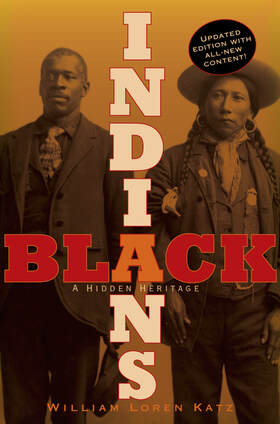
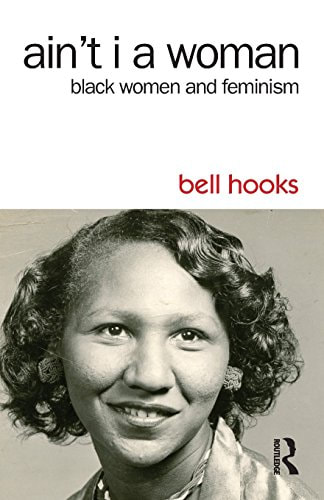
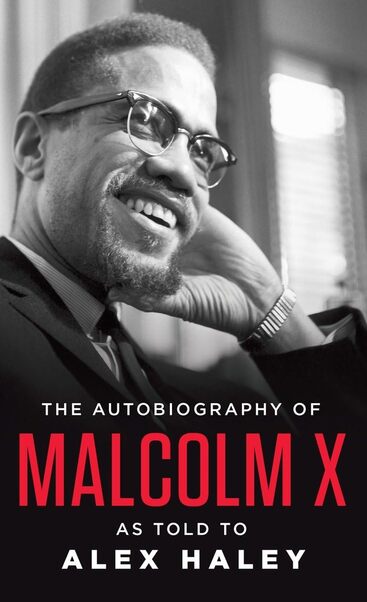
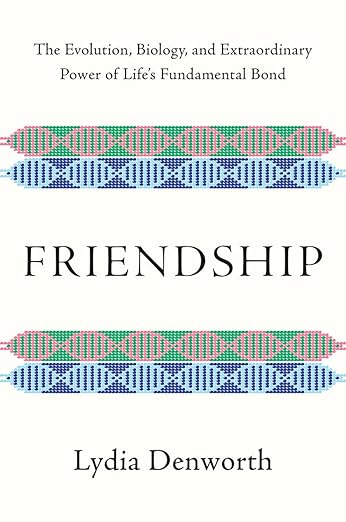
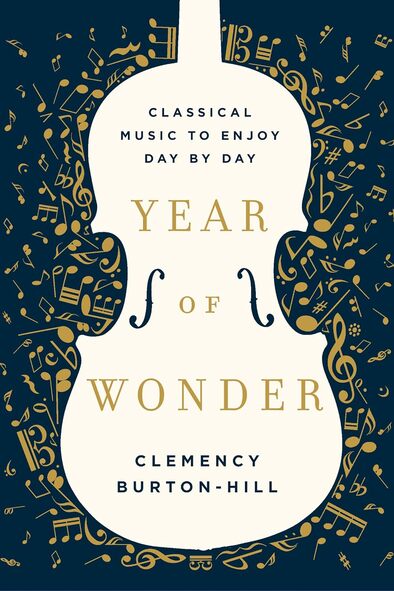
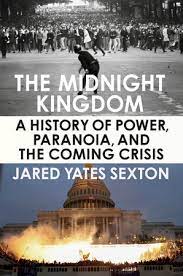
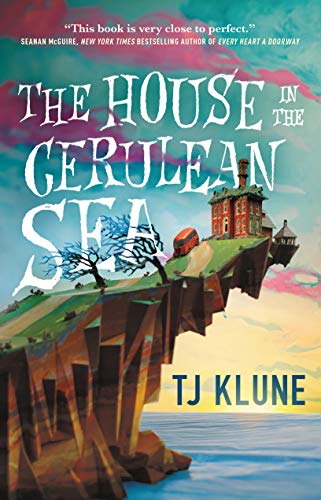
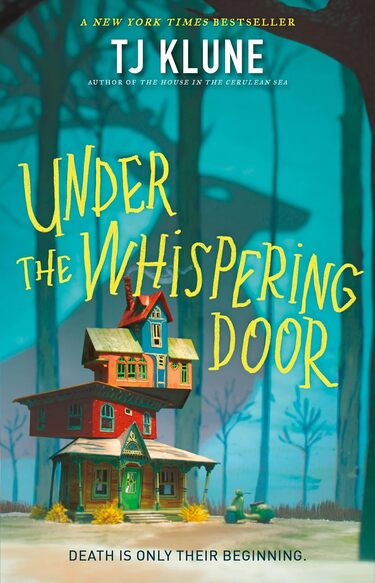
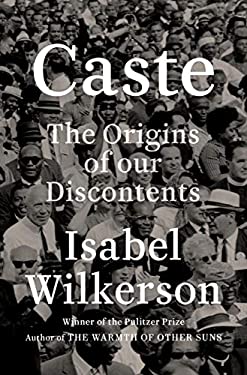
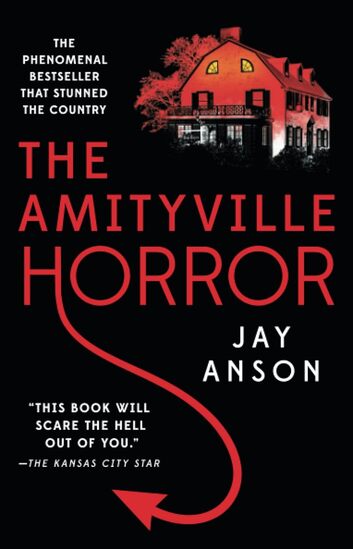
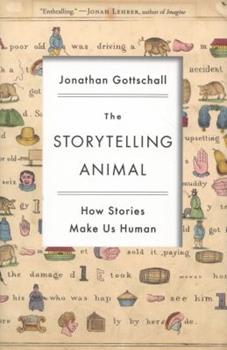
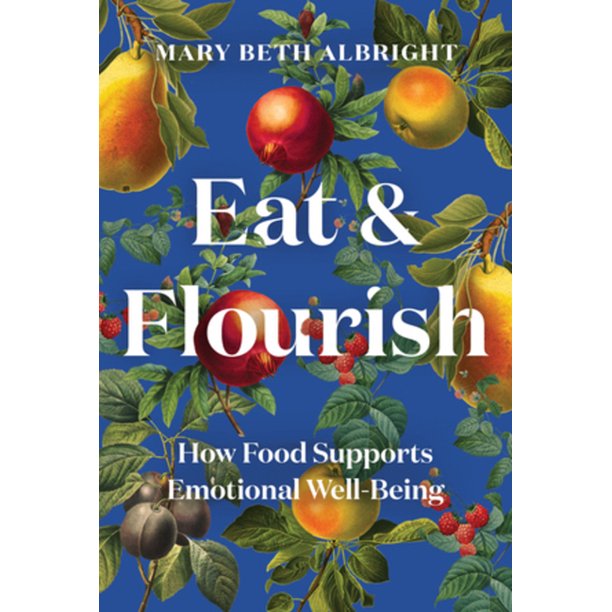
 RSS Feed
RSS Feed